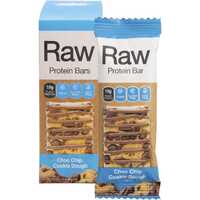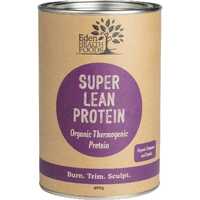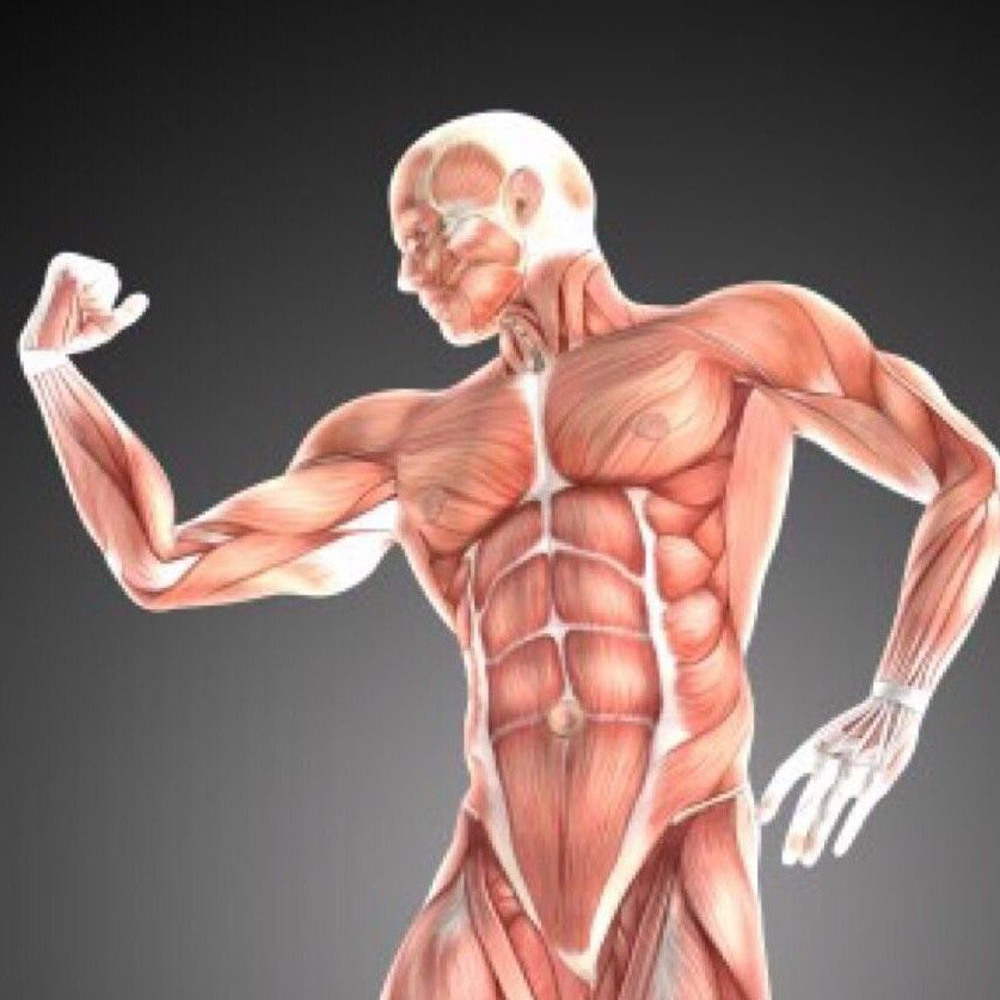The food you eat plays a central role in every aspect of your life. From fruits and vegetables to doughnuts and beer, everything you consume has some kind of impact. Food helps to fuel critical physiological functions and plays an essential role in regulating body weight and building muscle mass. Whether you're interested in bodybuilding or just wanting to live a healthier life, you can affect muscle growth and support your fitness routines with the power of food.
Let's take a look at the makeup of muscles and focus on the links between diet and muscle growth.
What is Muscle?
The muscles that define your body are largely responsible for your movement, along with your balance, flexibility, and size. Made from contractile tissue, muscles are attached to the bones of all animals. There are around 600 muscles that make up the human body, and they account for roughly half your entire body weight. Each of these muscles is a discrete organ that includes muscle tissue, blood vessels, tendons, and nerves. Made from thousands of elastic fibres and built from proteins called myofibrils, your muscles combine with your brain and nerves to form the neuromuscular system.
Your muscles allow you to move freely on the inside and out, which helps you to find food, attract partners, and move nutrients and fluids throughout your body. The internal muscles between your ribs and core aid critical body systems, and the external muscles in your arms and legs help you to move upon the Earth. All of your muscles need fuel in order to survive and grow, with the foods you eat central to your survival, performance, and well-being.
What are the Different Types of Muscles?
There are three types of muscles found across your body: cardiac muscles that regulate the heart, smooth or nonstriated muscles operated by the autonomic nervous system, and striated or skeletal muscles attached to the skeleton.
- Cardiac muscles are a special kind of striated muscle found in the heart. These muscles consist of elongated cells, and for obvious reasons, they are not under voluntary control. The rhythmic contraction of cardiac muscles is regulated by the heart's natural pacemaker, which is known as the sinoatrial node.
- Nonstriated muscles are found within your body. These smaller muscles line the dermis layer of the skin, along with your internal organs and blood vessels. These muscles are also involuntary, and they play a vital role in a wide range of physiological functions.
- Striated muscles make up most of the body’s muscle tissue, and they are under the control of the somatic nervous system. These are the muscles you see every day, and they function in a similar way to levers and pulleys. Striated muscles are made from multinucleated fibres. And, most of the time, they are under voluntary control.
How do External Muscles Function?
Striated muscles are long and thin, with these multinucleated fibres featuring a pattern of fine red and white lines. Striated external muscles are often defined in six major groups: chest, back, legs, abs, arms, and shoulders. While these muscle groups help your body to move in different ways, they share basic functionality.
Your muscles are not just there to look good – they exist to aid movement and support the rest of your body. External muscles shorten and contract to enable movement, never actively extending but relaxing back into their neutral position. In order to work properly, individual muscle fibres need to move voluntarily, react to external or internal stimuli, and heal themselves when placed under stress.
They do this by converting chemical energy into mechanical energy. Chemical energy comes in the form of adenosine triphosphate (ATP), which is derived primarily from the metabolism of food. When it comes to your muscles, however, individual foods are far from equal. Whether you're looking for a lean and well-balanced physique or significant muscle gains, you may need to change your diet to meet your goals.
The following types of food are known to influence muscle growth:
Proteins for Muscle Growth
Skeletal muscle protein alternates between two states, with protein synthesis and breakdown both needed for muscle growth. Dietary protein is universally known as "the muscle" food because it helps this process to occur. This muscle-building macronutrient is popular among bodybuilders for a reason – it contains lots of amino acids and helps to maximise workout efforts. Proteins are physically made of amino acids, and 9 of 20 aminos need to come from food.
These essential amino acids link together in different combinations, and your body uses them as a powerful energy source, as well as for cell growth and repair. Leucine is a great example, with this amino acid central to muscle fibre repair. When muscles are torn as a result of strength training, protein helps them to grow back bigger and stronger. In addition, protein reduces hunger levels through the hormone ghrelin, and it boosts the levels of peptide YY to help you feel full.
The following foods are full of beneficial proteins:
- Lean red meats – beef, lamb, kangaroo
- Poultry – chicken, duck, emu
- Eggs from chicken and other animals
- Dairy – cottage cheese, Greek yogurt
- Nuts – cashews, macadamias, almonds
- Whey protein – powder for shakes and meals
- Seafood – tuna, fish, prawns
- Beans and legumes – lentils, chickpeas, tofu
Carbohydrates for Muscle Growth
- Fruits and vegetables
- Wholegrain cereals and breads
- Dairy products
- Quinoa
- Nuts – almonds, walnuts, hazelnuts
- Seeds – chia, pumpkin
Fats for Muscle Growth
Fats are also essential in fueling your body, with healthy fatty foods capable of supplying energy to your muscles during periods of intense activity. Heart-healthy fats include high-quality oils, avocados, nuts, and fatty fish. Many of these foods also provide a good source of protein. This makes them great as an immediate energy source and useful for building muscle mass on a long-term basis.
Protein, carbohydrates, and fats play a very different – and equally important – role in muscle growth. While protein-rich foods are great for muscle maintenance, repair, and growth, they do not provide the immediate fuel needed for a fitness session. For a short workout, your body will use available carbohydrates for energy first, and for longer sessions, your body turns to fats. Without access to fat, you're likely to run out of steam and less likely to grow muscle mass over time.
The following foods are full of healthy fats:
- Seafood – salmon, tuna, mussels
- Avocados
- Cheese – mozzarella, feta, blue cheese
- Dark chocolate
- Nuts and seeds
- Extra virgin olive oil
As you can see, each of the big three macronutrients plays an important role in muscle growth, either directly or indirectly. Whether you want to tone up, stay slim, or build big, your diet is the missing link between the effort you put in and the results you get back. If you're looking for nutritious foods to fuel your muscle growth, Healthy Being is sure to have exactly what you need.


 Certified Organic
Certified Organic Vegan Friendly
Vegan Friendly  Vegetarian
Vegetarian Organic Ingredients
Organic Ingredients Dairy Free
Dairy Free Gluten Free
Gluten Free Keto Friendly
Keto Friendly































